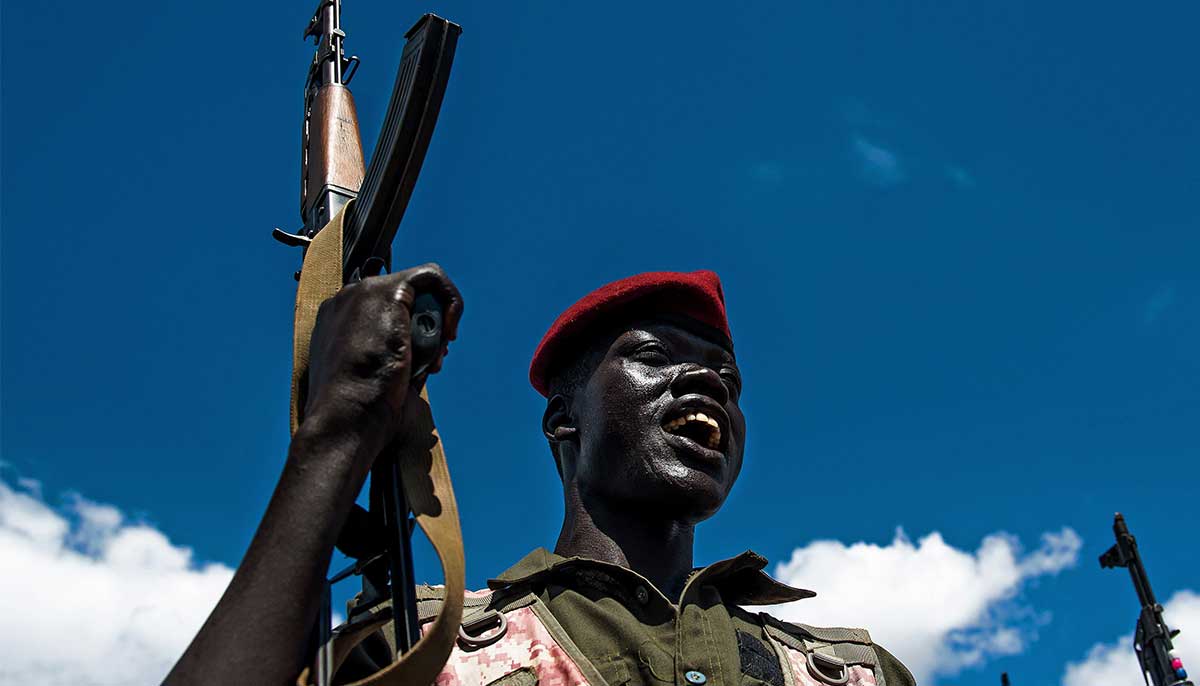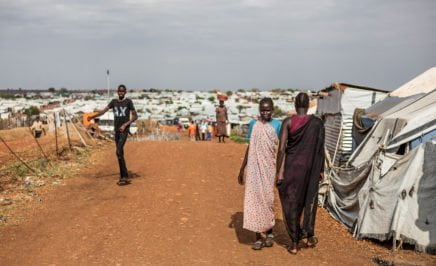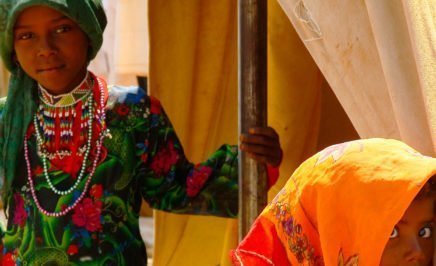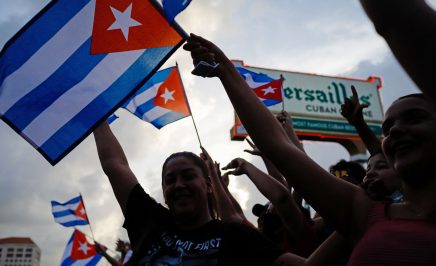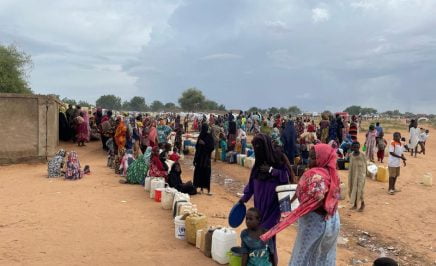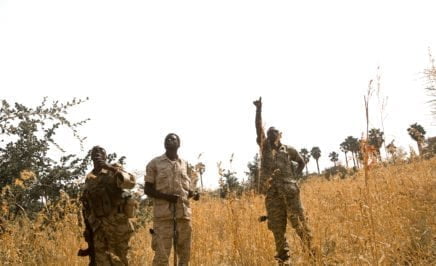South Sudan, the world’s youngest country, gained independence on 9 July 2011 following decades of war, lengthy negotiations and a referendum to secede from Sudan. But the jubilation over this new-found freedom was fleeting, and internal strife has marred much of its short life as an independent state. An armed conflict that erupted in December 2013 still rages on today, and has proved devastating for millions of civilians.
The conflict pits President Salva Kiir and his allies against his former deputy, Riek Machar, and forces loyal to him, who were accused of plotting a coup in the capital Juba in late 2013. An array of militias and armed opposition groups in different parts of the country have also joined the fray. Several ceasefires and attempts to broker peace deals have foundered, leading each time to renewed fighting.
The fighting has had a devastating impact on civilians, bringing political violence, the threat of famine and warnings of potential genocide. It has also resulted in Africa’s largest refugee crisis – the fastest growing and the third-largest in the world after Syria and Afghanistan.
Amnesty International has visited South Sudan several times over the course of the conflict, and in mid-2017 its researchers returned to two of the regions currently most heavily impacted by renewed clashes: Upper Nile in the north and Equatoria in the south. Researchers also visited refugee settlements across the border in Uganda, which is struggling to cope with the massive influx of people fleeing South Sudan.
The ethnic dimension
The armed conflict that began in December 2013 has taken on an increasingly ethnic dimension, with the leaders of the two main opposing factions belonging to the two largest ethnic groups – President Salva Kiir a Dinka and former Vice President Riek Machar a Nuer – and drawing much of their support from members of their own ethnic groups. The Government is increasingly perceived as using its armed forces, the Sudan People’s Liberation Movement/Army (SPLA/M) to pursue a Dinka-centric agenda, including by using Dinka militia. The armed opposition, known as the Sudan People’s Liberation Movement/Army-In Opposition (SPLM/A-IO), a largely ethnic Nuer movement, has sought to broaden its support base to include other ethnic groups.
All parties to the conflict have carried out atrocities, including war crimes. They have tortured and killed civilians, abducted and raped women, destroyed and looted civilian property, and deliberately attacked humanitarian workers. Tens of thousands have been killed or seriously injured; millions have been displaced, and the violence has caused food insecurity and loss of livelihood on a massive scale.
Arms embargo
For years Amnesty International has lobbied for a comprehensive arms embargo to halt the flow of weapons into South Sudan. It should be a no-brainer for the international community to suspend the flow of arms to places where those weapons are being used repeatedly to commit war crimes and grave and systematic human rights violations and abuses.
In January 2016, a UN Security Council panel of experts agreed, concluding that: “Both sides have continued to seek to arm their forces, even after the signing of the peace agreement … The continued influx of arms has had a devastating impact on civilians and on the overall security situation in the country…”
Despite this, in December 2016 the UN Security Council once again failed to approve a resolution that would have imposed an arms embargo.
Millions uprooted and at risk
Civilians bear the brunt of South Sudan’s brutal conflict, with more than two million people now uprooted from their homes and livelihoods.
As of June 2017, more than 1.9 million people had fled to seek refuge in all of South Sudan’s neighbouring countries – Sudan, Ethiopia, Kenya, Uganda, Democratic Republic of Congo, and Central African Republic – several of which are also experiencing internal armed conflicts. Uganda, directly to the south, has seen the largest influx: some 950,000 South Sudanese refugees, around half the total, have ended up there.
In early 2017, more than 2,000 refugees a day were streaming across the border into Uganda, with as many as 6,000 recorded in a single day in February. At least 86% of these new refugees are women and children. But funding shortfalls mean that many of them are not receiving basic humanitarian aid such as food, water and shelter.
The road to justice
Since South Sudan is not a state party to the International Criminal Court (ICC), the Court has no jurisdiction over crimes committed during the ongoing conflict.
The peace agreement signed by both sides in August 2015 provides for the formation of a special court to investigate and prosecute those responsible for atrocities. Unfortunately, little progress has been made towards setting the court up.
This so-called Hybrid Court for South Sudan – combining elements of both domestic and international law and staffed by legal experts from South Sudan and abroad – currently represents the most viable option for ensuring accountability for crimes committed during the conflict, as well as for deterring further abuses. The African Union Commission should increase efforts to ensure the speedy establishment of the Hybrid Court.
